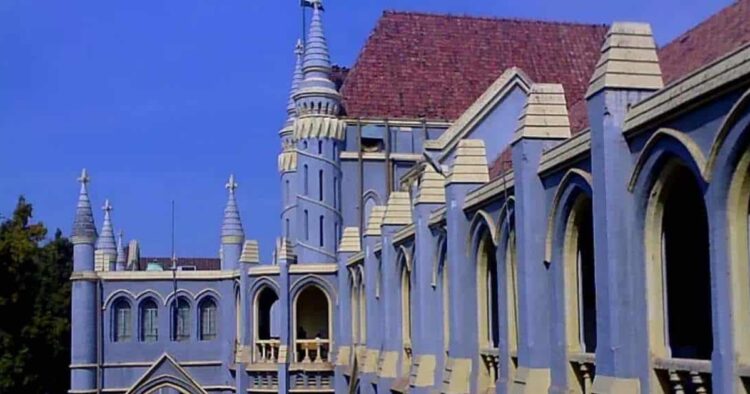The Madhya Pradesh High Court has declared that a marriage between a Muslim man and a Hindu woman is not valid under Muslim personal law. The ruling also dismissed a request for police protection to register their inter-faith marriage under the Special Marriage Act, of 1954.
Justice Gurpal Singh Ahluwalia stated that, as per Muslim personal law, the marriage between a Muslim man and a Hindu woman is considered “irregular” even if they marry under the Special Marriage Act.
The court’s decision was based on the interpretation of Mahomedan law, which does not recognize a marriage between a Muslim and an idolatress or fire-worshipper as valid. Such marriages are classified as “fasid” or irregular.
The court’s ruling came while hearing a plea from a couple, a Muslim man and a Hindu woman, who wanted to marry despite opposition from the woman’s family. The family was concerned about societal rejection if the marriage proceeded. They also accused the woman of taking jewelry from their house before leaving to marry her partner.
The couple’s lawyer explained that they wished to marry under the Special Marriage Act without converting to each other’s religions. The Special Marriage Act allows for inter-religious marriages without requiring either party to change their faith. The lawyer argued that such a marriage should be valid and should override any conflicting personal law.
The High Court disagreed with the couple’s argument, noting that a marriage under the Special Marriage Act does not override personal laws that prohibit such unions. According to Section 4 of the Special Marriage Act, the marriage is valid only if the parties are not in a prohibited relationship under their personal laws.
The court also denied the couple’s plea for police protection while registering their marriage. The court noted that the couple was neither willing to convert to each other’s religion nor interested in a live-in relationship if the marriage could not be performed. Given these circumstances, the court concluded that no intervention was warranted.
The Madhya Pradesh High Court’s decision highlights the complex interplay between personal laws and statutory laws in Bharat, particularly concerning inter-faith marriages. The ruling underscores the need for couples to navigate both legal frameworks when planning an inter-religious marriage.

















Comments